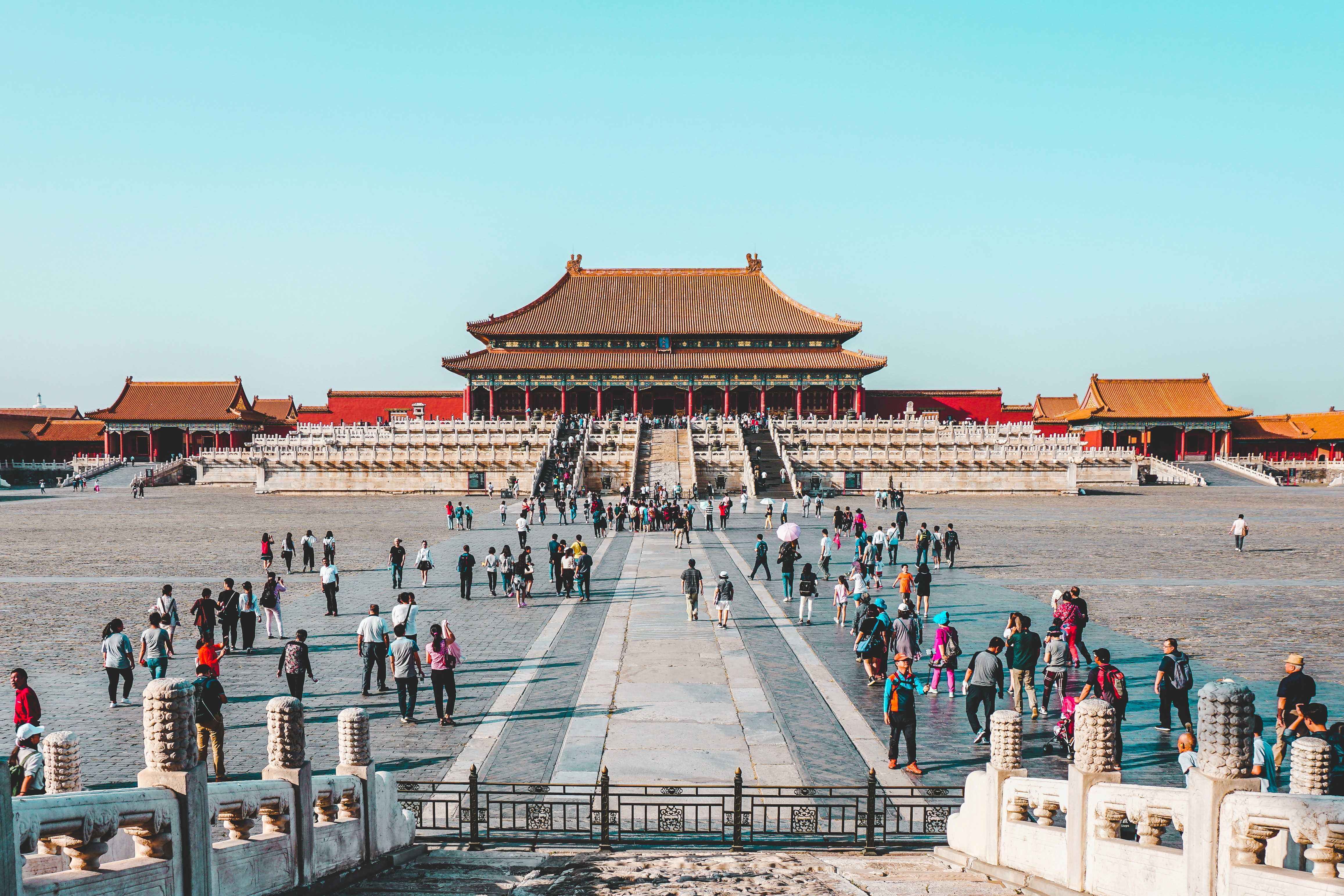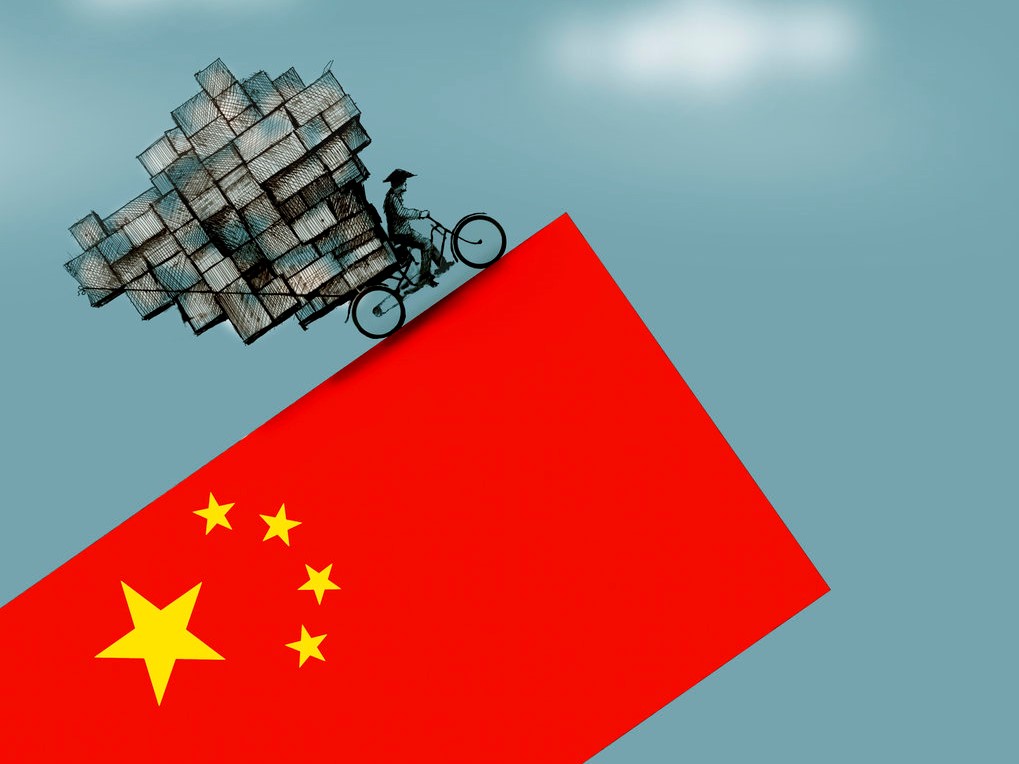Kate Lin: Welcome to Morningstar. It has been a one-way ride down for China equities. In the past 10 months, we have witnessed sentiment becoming more subdued and investors' bullish expectations on China falling short. But how have these affected the performance of Asian equity funds? And have managers done anything to brace for such a downturn? I'm here with Claire Liang from Morningstar. Claire, so far this year how is the decline in China equities you see across Asian equity funds that you cover?
New Investor Darlings
Cliare Liang: Yeah I think it's not very well. I think China was probably the most difficult and challenging market for many Asia equity portfolio managers over the past year or so. If we look at it from a performance attribution perspective, China was actually the biggest detractor for many Asia equity funds so far this year. But, I think it's not overly surprising, given that Chinese equities were among the worst performers in the region and the fact that the market has been quite volatile this year. So as you mentioned that the market first saw a recovery rally in late 2022 and the beginning of 2023, triggered by optimism around China's reopening. But soon after, the bearish sentiment took hold of the market again as the economic recovery was not as strong as many expected.
And within Chinese equities, there are also many challenges for portfolio managers. For example, the market selldown has partly been driven by foreign capital outflows. So we've seen the more widely-owned stocks have actually fallen more and this hurt many Asian equity fund managers who choose to hold on to their bets. Another reason is that, this year, the China market has favored cheap state-owned enterprises, due to the optimism around the reforms. But many portfolio managers we cover tend to stay away from those SOEs, due to their low quality and also poor corporate governance in general. And many of them remained cautious before more tangible results being delivered. So all these factors actually posed challenges for Asia equity managers to navigate the China market this year.
How Has China Exposure Changed in Asia Funds?
Lin: Right, with all these factors, how have their China positions changed over the past 10 months?
Liang: Yeah, we actually seeing a decline in Asian equity funds' China exposure. So as I mentioned, many portfolio managers we spoke to in late 2022 were actually positive on the rebound of the China equity market. Part of the reason is the anticipation of an end to COVID restrictions and a China reopening. But they also saw opportunities in the market's low valuations and believed that many of the negativities actually had been largely priced in.
So, if we look at the average China exposure for Asia ex-Japan funds. At the beginning of this year, it was about 42%, which was actually 4% higher than the index. But towards the fourth quarter of this year, many portfolio managers have scaled back their China weighing. And the category average has fallen to 33% as of the end of October, which was slightly lower than the index’s 34%.
And, I think this is mostly due to risk management. Many portfolio managers we spoke to remain positive towards China over the longer term. And they still saw opportunities in the market's low valuations and also in overly bearish investor sentiment. However, they also admitted that it would take time for China to resolve those structural problems and it will also take time for investors to restore their confidence.
Downside Protection
Lin: You mentioned risk management. Have managers done anything to protect their portfolios against some of the near-term obstacles they have seen?
Liang: Yes, I think there are mainly two things we observed. So first of all, at the overall portfolio construction level, as I mentioned, we've seen some portfolio managers scaling back their overweighting position in China to more of a neutral or even slightly underweight position. Meanwhile, they've been adding to markets with less uncertainty, such as India or South Korea.
The second thing is that we've seen portfolio managers being more selective with their China holdings. So some of the portfolio managers actually have been placing extra emphasis on a company's quality, for example, their branding power, pricing ability, or financial strength, trying to identify the ones that can rise through the current difficulties and even become stronger after all of the chaos.
Meanwhile, they are trying to avoid the companies and sectors that are facing structural issues or might be more impacted by the weak economy. Some portfolio managers have also avoided smaller companies that are more sensitive to the down cycles and also have high leverage.
Lin: That's very detailed. Thank you, Claire. For Morningstar, I'm Kate Lin






:quality(80)/cloudfront-us-east-1.images.arcpublishing.com/morningstar/QFQHXAHS7NCLFPIIBXZZZWXMXA.jpg)






.png)


.jpg)





